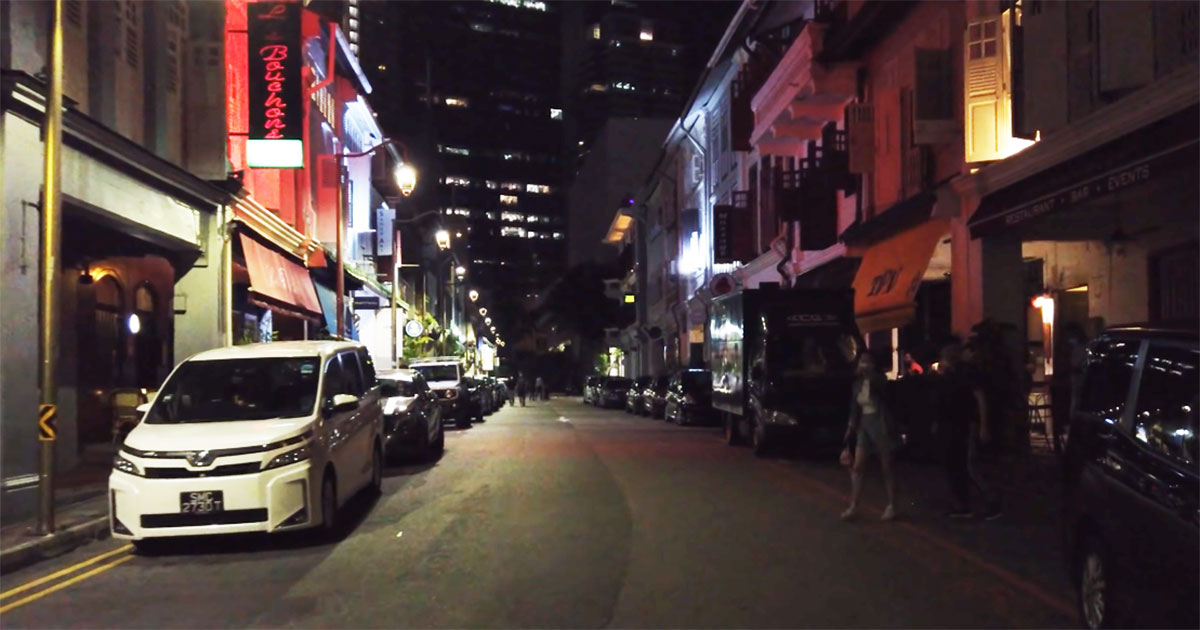Follow us on Telegram for the latest updates: https://t.me/mothershipsg
Another electricity provider Ohm Energy has abruptly announced on Oct. 15 it is quitting the Singapore market just two days after another energy retailer iSwitch told its customers it was upping sticks and leaving.
In a statement to customers, Ohm cited a "volatile electricity market" that has made it "unsustainable" to price their plans "at lower than the regulated tariff".
Customers to be transferred to SP Group
Ohm said all its existing customers will be transferred to SP Group from Oct. 20, which is the same fate as the 90,000 iSwitch customers, who were given a choice to pick another power retailer.
Ohm customers can also pick another electricity retailer once their accounts have been transferred to SP Group.
Ohm is not leaving customers empty handed though, as it will provide ex-gratia payment credited to their final bill as a token of appreciation for supporting the company.
Ohm served around 27,000 customers, or less than 2 per cent of household consumers in Singapore, EMA said in response to media queries.
iSwitch has around 90,000 household customers, or about 6 per cent of total household consumers in Singapore.
Price might increase
Current household consumers, as well as Ohm business customers with an average monthly consumption of less than 4,000 kWh will purchase electricity from SP Group at its regulated tariff, which is slightly costlier than Ohm's current pricing.
Ohm business customers that consume an average of at least 4,000 kWh every month will purchase electricity through SP Group from the Singapore Wholesale Electricity Market at wholesale electricity prices.
What this means for consumers
After doing the sums, weighing the choices, and picking the best option in what was touted as a liberalised energy market, one by one the electricity retailers in Singapore up sticks and quit -- at a time when people might actually be consuming more energy by staying home more.
Follow and listen to our podcast here:
Top photo via
If you like what you read, follow us on Facebook, Instagram, Twitter and Telegram to get the latest updates.
